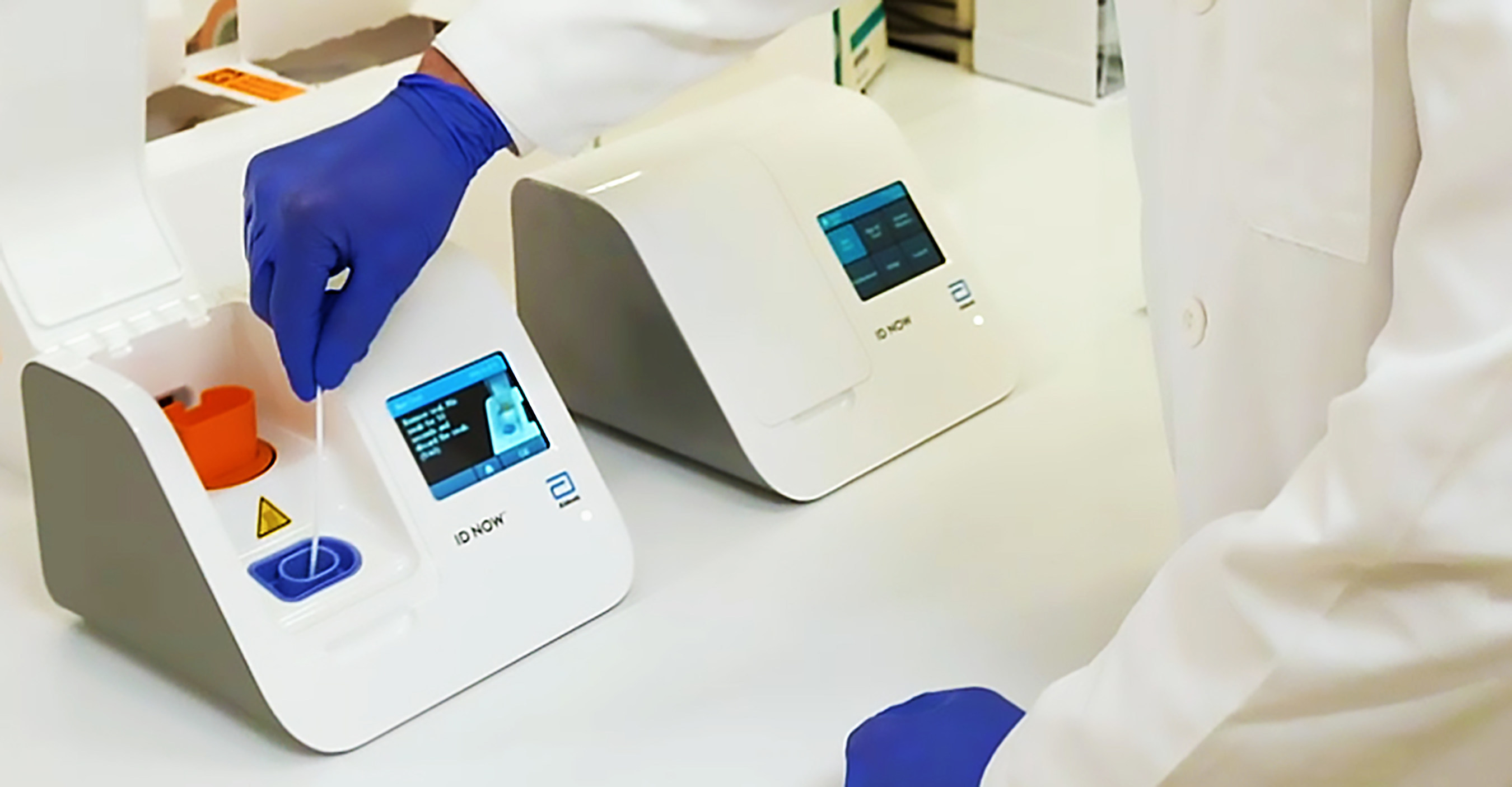Rapid Detection Test for Shigella spp. in Fresh Produce
The rapid detection of Shigella species in fresh produce is critical to ensuring food safety and preventing the spread of infectious diseases like shigellosis. This service utilizes advanced microbiological techniques designed specifically for the identification of Shigella spp., which can be particularly challenging given their ability to form biofilms on surfaces, making them less susceptible to traditional detection methods.
The testing process involves several key steps: specimen collection from fresh produce samples, preparation of the sample in a manner that enhances pathogen recovery, and subsequent incubation under conditions optimal for the growth of Shigella. The use of selective media and specific enrichment broths ensures accurate identification even when bacterial counts are low. Once identified, further confirmation can be achieved through biochemical tests or molecular diagnostics such as polymerase chain reaction (PCR).
This service is particularly valuable for quality managers and compliance officers responsible for maintaining strict hygiene standards in food production facilities. By incorporating this rapid detection method into their protocols, they can quickly identify contaminated batches before they reach consumers, thereby protecting public health.
Our laboratory adheres to international standards such as ISO 17025 and follows stringent quality assurance procedures to ensure reliability of results. This includes regular calibration of equipment, participation in proficiency testing programs, and continuous training of personnel on the latest methodologies.
| Parameter | Description |
|---|---|
| Incubation Time | 24 hours at 37°C |
| Selective Media Used | Tetrathionite Agar (TTA) |
| Molecular Confirmation Method | Real-time PCR using Shigella spp. specific primers |
| Biochemical Tests | Lactose fermentation, ONPG test |
Scope and Methodology
The scope of this service encompasses the entire process from sample collection to final result reporting. Our methodology is designed to ensure both speed and accuracy, which are paramount in food safety testing.
- Sample Collection: Fresh produce samples must be collected aseptically using sterile tools.
- Preparation: Samples undergo mechanical disruption followed by dilution with appropriate buffers.
- Enrichment and Incubation: Enriched cultures are incubated for 24 hours at optimal temperature.
- Identification: Positive cultures are identified based on colony morphology, biochemical tests, and molecular techniques.
The methodology is tailored to meet the specific requirements of point-of-care testing in a laboratory setting. This ensures that results can be delivered swiftly without compromising accuracy or reliability.
Industry Applications
- Fresh produce processing plants looking to enhance their food safety protocols
- Retailers aiming to ensure product quality and customer satisfaction
- R&D departments focused on developing new testing methodologies
This rapid detection method is ideal for any organization involved in the production or distribution of fresh produce. By integrating this service into their operations, they can maintain high standards of hygiene and provide evidence of compliance with regulatory requirements.
Environmental and Sustainability Contributions
The rapid detection of Shigella spp. in fresh produce supports broader sustainability goals by helping to reduce food waste and improve supply chain efficiency. Early identification allows for targeted interventions, minimizing the risk of contaminated products reaching consumers.
In addition, this service contributes positively to environmental conservation efforts through reduced resource consumption associated with unnecessary product recalls and rejections. By focusing on rapid detection and prevention measures, we help our clients contribute to a more sustainable food production ecosystem.





